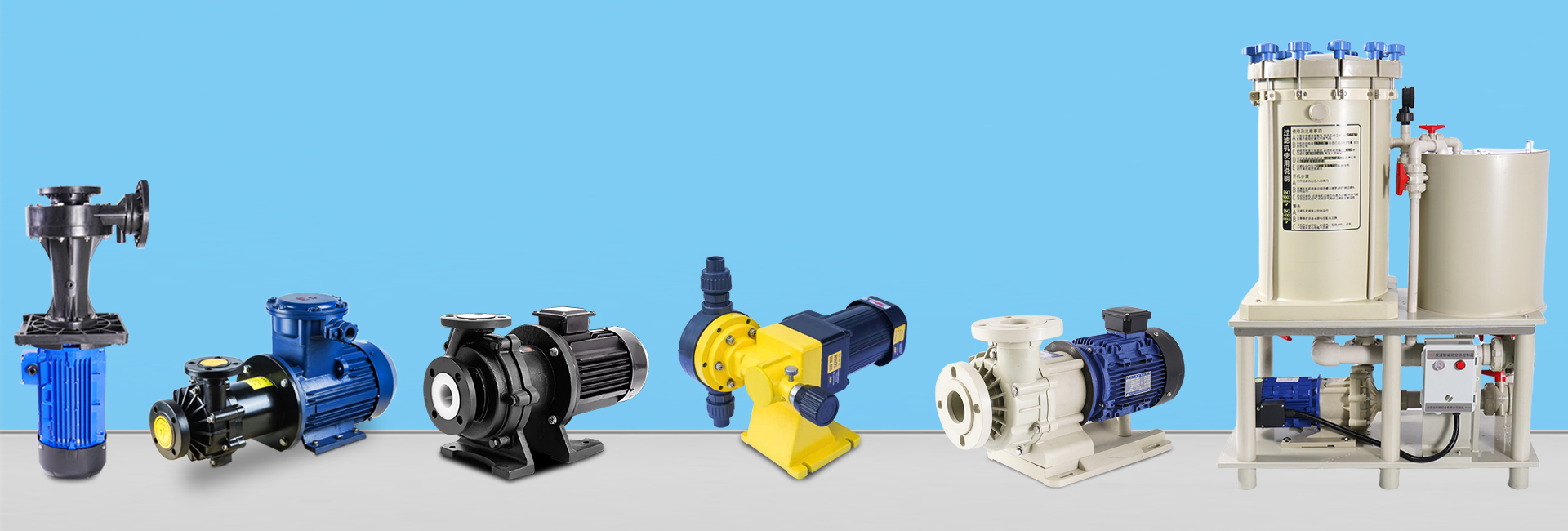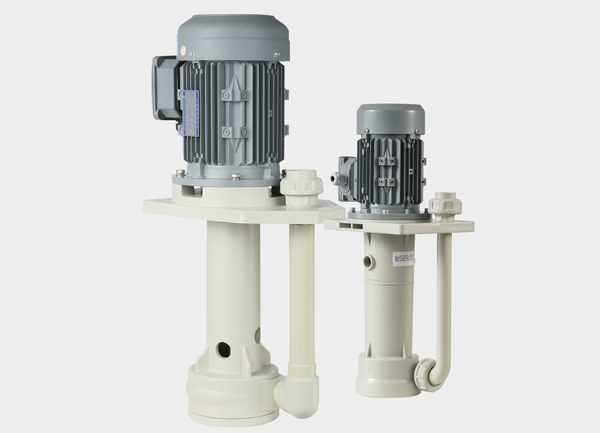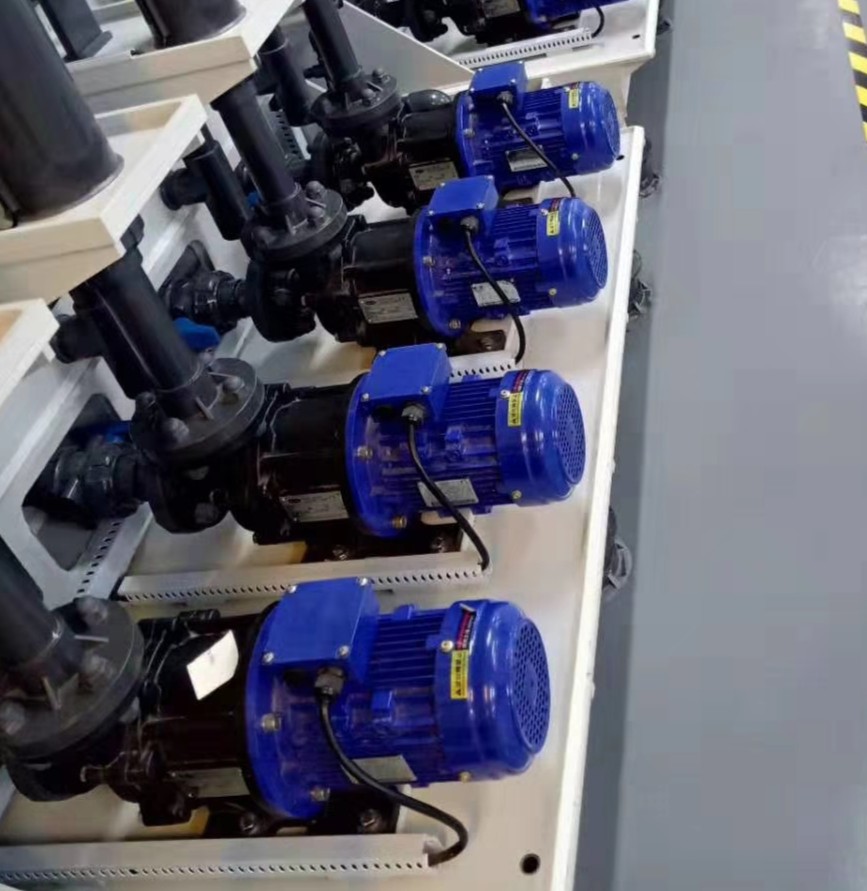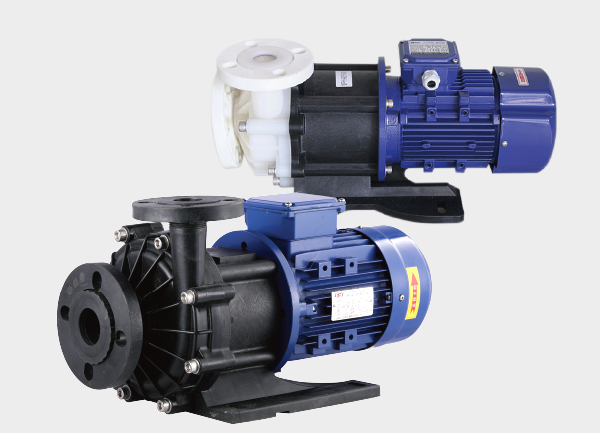Chemical pumps are widely used in chemical, pharmaceutical, petroleum, and metallurgical industries. Because these pumps often handle corrosive and hazardous fluids under harsh conditions, proper daily maintenance and regular care are essential to ensure long-term reliability, safety, and efficiency.
This guide outlines key maintenance methods, inspection procedures, and preventive practices to help extend the lifespan of chemical pumps and avoid costly downtime.
1. Daily Maintenance Checklist
Before Operation
Inspect the pump body and pipelines for cracks, leaks, or corrosion.
Check the lubrication oil or grease level — it should be within the recommended range and free from impurities.
Confirm that electrical connections are secure and voltage/current meet rated values.
Rotate the pump shaft manually to ensure it moves freely without blockage.
Make sure the suction valve is open and the discharge valve is partially open for startup.
During Operation
Monitor pressure and vacuum gauges to ensure stable readings.
Keep an eye on bearing temperature — it should generally stay below 70°C (158°F).
Observe motor current; abnormal fluctuations may indicate overload or blockage.
Listen for unusual vibrations or noise that could signal mechanical issues.
Check for seal leakage — a mechanical seal should only show slight, even dripping.
After Operation
Close all valves and drain any remaining liquid from the pump chamber.
Flush the pump with clean water, especially when handling corrosive or crystallizing fluids.
Inspect the exterior for discoloration, rust, or residue buildup.
Record operation data, including pressure, flow rate, temperature, and current.
2. Scheduled Maintenance Plan
Weekly Maintenance
Clean dust and oil from the pump’s exterior.
Check foundation bolts and coupling screws for looseness.
Inspect the shaft seal and mechanical seal for wear or leakage.
Monthly Maintenance
Replace or refill lubricating oil or grease.
Check alignment between pump and motor shafts and realign if necessary.
Examine impeller and casing wear; replace damaged components promptly.
Inspect electrical cables and junction boxes for moisture or corrosion.
Quarterly / Annual Maintenance
Perform a complete pump disassembly and internal cleaning.
Measure bearing and seal ring clearance; replace parts if worn beyond limits.
Check and restore impeller balance.
Test motor insulation resistance and winding temperature.
Apply anti-corrosion coating or rust protection for pumps in long-term storage.
3. Common Maintenance Mistakes and Prevention Tips
| Mistake | Possible Consequence | Correct Practice |
|---|---|---|
| Ignoring oil changes | Bearing overheating and wear | Change lubricant regularly and keep it clean |
| Running the pump dry | Seal damage and overheating | Never start the pump without liquid inside |
| Frequent start/stop cycles | Motor wear and shock load | Maintain stable continuous operation |
| Using improper cleaning liquids | Corrosion or seal failure | Use cleaning agents compatible with pump materials |
4. Tips to Extend Pump Service Life
Select pump materials (e.g., stainless steel, fluoroplastic, alloy) suitable for the fluid’s properties.
Train operators regularly to improve maintenance awareness and technical skills.
Implement condition monitoring systems (vibration, temperature, current sensors).
Keep detailed maintenance records of repairs, replacements, and operation history.
5. Conclusion
Effective daily maintenance of chemical pumps prevents sudden failures, minimizes production interruptions, and enhances overall efficiency. By following a systematic maintenance schedule and adopting preventive measures, companies can achieve safer operations and significantly extend the lifespan of their equipment.
Regular inspection, timely lubrication, and proper cleaning are the three key elements to keeping chemical pumps in optimal working condition.








